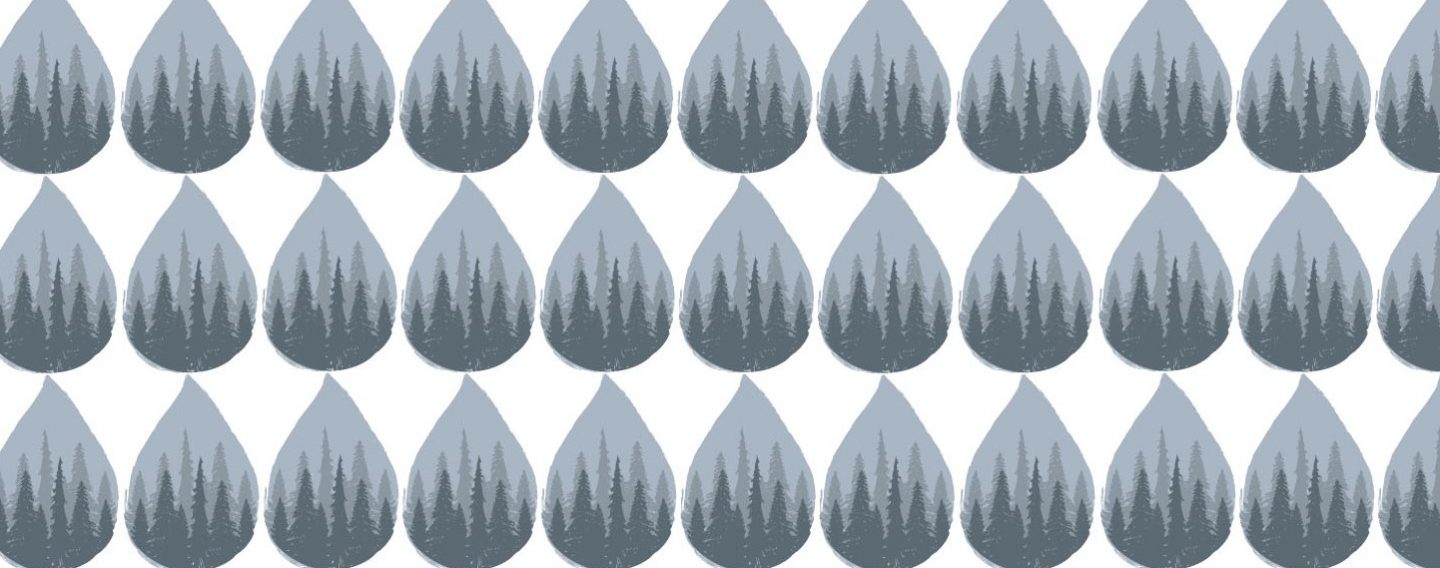Kyynelkanavat* – Laments in contemporary Finland
*The name of the project, Kyynelkanavat, has many meanings. Dictionary translation for it is ‘tear ducts’ or ‘lacrimal ducts’, but it could also be translated as channels of tears.
Combining research and arts, Kyynelkanavat-project, fundedn by Kone Foundation between 2021 and 2024, has been observing the continuum of the lamenting tradition and its role in modern Finnish society. Lamenting has its roots in Finnic tradition, in particular the Karelia and Ingria region. Laments were usually performed at rites-of-passage events, funerals or graves, weddings and other life-shaping events, and with laments, lamenters express personal and communal grief. In addition, laments were performed in settings such as get-togethers to express joy and gratitude. In this project, we ask what kind of needs does lamenting fulfill in the contemporary world?
The project consists of three artist–researcher working pairs, who approach the theme through the perspectives of body, experience, religion, communality, emotions and affects. The research employs views of folklore studies, ethnomusicology and cultural studies and these three disciplines are combined with artistic approaches when focusing and adapting lamenting tradition. The project is based at the Karelian Institute at the University of Eastern Finland and is led by Docent Elina Hytönen-Ng (PhD).
In contemporary society, lamenting has been sprouting in many different directions from arts into therapeutic self expression. In our research the main questions are, what kinds of meanings are given to lamenting? What are all the forms and practices that the lamenting and laments are finding in modern society? Through research, we aim to explore the wide field of lamenting tradition in contemporary Finland and to highlight the variety of phenomena it is created from.
Within Kyynelkanavat project, annual events will be organized. At these events, we aim to provide a meeting place for everyone interested in laments. The themes that the artist–researcher pairs are working on will be presented and there will be open space for the researchers, lamenters and all attendees to discuss.
